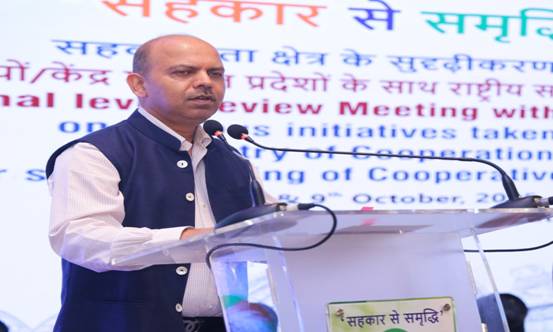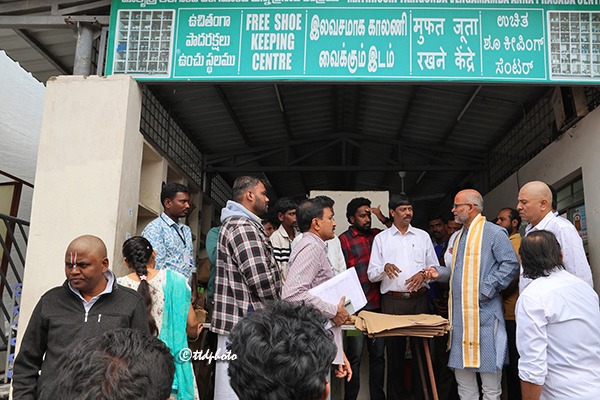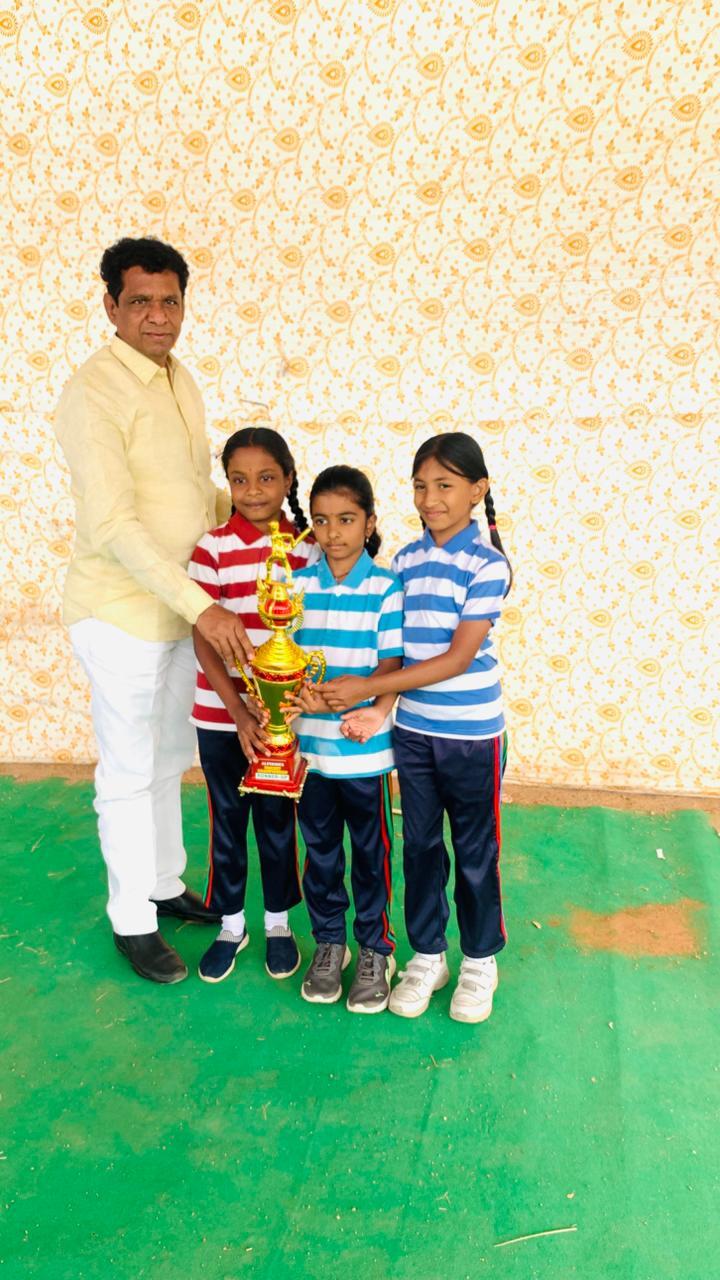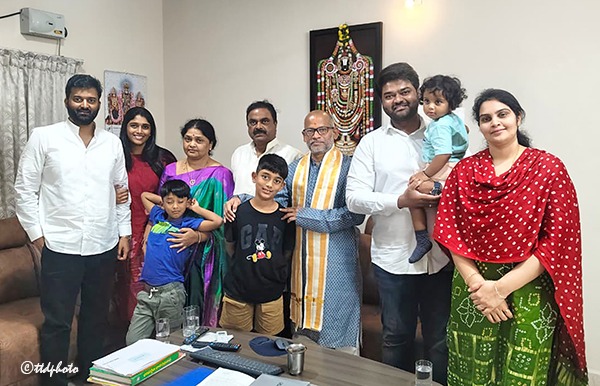
Dr. Ashish Kumar Bhutani, Secretary, Ministry of Cooperation, Inaugurates the Two-Day Event; Calls for States to Work on the Theme of ‘Reform, Perform, Transform, and Inform’
TIRUPATI, OCTOBER 09, 2025: The Ministry of Cooperation organized a two-day National-Level Workshop cum Review Meeting on Strengthening the Cooperative Sector in Tirupati, Andhra Pradesh. The workshop brought together representatives from State and Union Territory Governments, Secretaries, Registrars of Cooperative Societies (RCS), and other key stakeholders from across the cooperative ecosystem.
The event was inaugurated by Dr Ashish Kumar Bhutani, Secretary, Ministry of Cooperation, in the presence of Shri Pankaj Kumar Bansal, Additional Secretary, and other senior officers of the Ministry, along with several distinguished dignitaries.
Cooperatives at the Heart of “Sahkar Se Samriddhi” Vision
In his keynote address, Dr. Bhutani highlighted the pivotal role of the cooperative movement in advancing the vision of Sahkar Se Samriddhi. He observed that cooperatives today are extending beyond traditional areas such as agriculture and credit into diverse domains including healthcare, services, and value-chain integration.
He emphasized the Ministry’s commitment to blending technological advancement with institutional and human capacity development to make cooperatives people-centric, inclusive, and future-ready. Dr. Bhutani noted that the establishment of a dedicated Ministry of Cooperation underlines the Government of India’s resolve to make cooperatives a strong pillar of the national economy.
Accelerating Digital Transformation and Strengthening PACS
A major highlight of the workshop was the dedicated session on computerisation of PACS, ARDBs, and Offices of Registrars of Cooperative Societies, which focused on accelerating the digital transformation of cooperative institutions. Discussions centred on ensuring the complete digitisation of PACS operations, building digital capacity of PACS staff and members, and enabling PACS to function as one-stop shops offering integrated services such as agricultural inputs, credit, procurement, and storage.
NABARD made a detailed presentation on the progress of software development, hardware procurement, and capacity-building initiatives supporting the digitisation project.
Focus on the World’s Largest Grain Storage Plan
One of the key themes of the workshop was the World’s Largest Grain Storage Plan in the Cooperative Sector. The discussions focused on the pilot implementation across 500 PACS, to be expanded to 29,000 PACS nationwide. The deliberations emphasized ensuring the economic viability of godowns through business diversification, mapping PACS based on land availability and cooperative strength, and providing technical and managerial support for sustainable operations.
Formation of Multipurpose PACS, Dairy, and Fishery Cooperatives
The workshop further focused on the formation and strengthening of two lakh Multipurpose PACS, Dairy, and Fishery Cooperatives across all panchayats and villages. Discussions included identifying potential districts and blocks for new cooperative formations, revitalizing inactive societies through business diversification, and ensuring last-mile connectivity to support rural livelihoods.
Celebrating the International Year of Cooperatives (IYC-2025)
A special session was dedicated to the International Year of Cooperatives (IYC-2025) and media outreach initiatives. States and UTs were encouraged to organize major events and public awareness campaigns highlighting cooperative achievements.
The session also urged states to institute State-Level Cooperative Awards based on benchmarking parameters to recognize societies for outstanding performance. Under the “Ek Ped Maa Ke Naam” initiative, Dr. Bhutani called upon participants to promote environmental consciousness through plantation drives linked to cooperative institutions.
States were also encouraged to leverage social media platforms and digital storytelling to showcase best practices, innovations, and successful cooperative models.
Addressing Issues in Cooperative Banking and Insurance Sectors
A detailed discussion was held on issues faced by the Cooperative Banking Sector, with active participation from senior officials of the Reserve Bank of India (RBI). Another important session explored the role of cooperatives in the insurance sector, in the presence of representatives from IFFCO-Tokio, emphasizing innovative insurance models tailored for cooperative members.
Sharing Best Practices and Reviewing National Initiatives
On the second day, the session on “Expanding the Horizons of PACS through Business Diversification” highlighted innovative models and successful case studies presented by various States and Union Territories.
The Ministry reviewed the progress of the three national-level multi-state cooperative societies established under the Atmanirbhar Bharat Abhiyan:
- National Cooperative Exports Limited (NCEL)
- National Cooperative Organics Limited (NCOL)
- Bharatiya Beej Sahakari Samiti Limited (BBSSL)
Additionally, updates were shared on the National Cooperative Database (NCD), launched in March 2024, which now covers 8.4 lakh cooperatives across 30 sectors, representing over 32 crore members. The NCD serves as a comprehensive repository of cooperative activities, financial data, audit status, and infrastructure details.
Reform, Perform, Transform, and Inform – The Way Forward
In his closing address, Dr. Bhutani appreciated the constructive deliberations and the collaborative spirit of the participants. He underlined the vital role of PACS and multi-state cooperatives as catalysts for rural development, Atmanirbharta, and digital transformation.
He urged all States and UTs to align their cooperative strategies with the theme of ‘Reform, Perform, Transform, and Inform’, ensuring timely implementation of reforms, transparency in financial operations, and sustainability in resource management.
The Secretary also called upon all States and UTs to share their cooperative data with the National Cooperative Database to ensure balanced growth and evidence-based policymaking.
He reaffirmed that the Ministry of Cooperation is actively working to resolve challenges in cooperative banking, promote diversification of cooperative enterprises, and strengthen local entrepreneurship.
Vote of Thanks
The workshop concluded with a vote of thanks by Shri Raman Kumar, Joint Secretary, Ministry of Cooperation, who commended the efforts of state representatives, central officials, and cooperative leaders for their active participation and valuable contributions.




